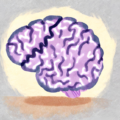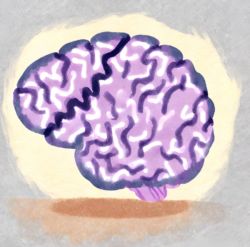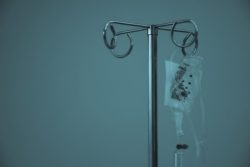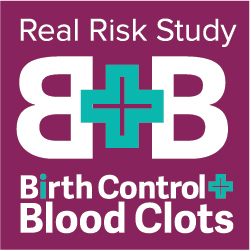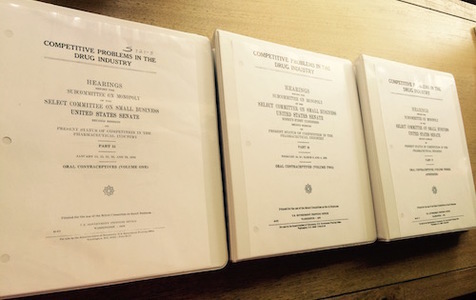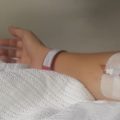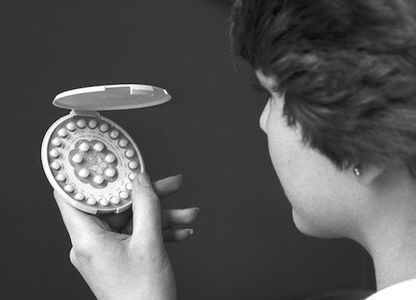My name is Jessica. I had been taking birth control pills for two years when I had a stroke at the age of 38. Before age 36, I’d always avoided hormonal birth control, but I was getting annoyed with the diaphragm, so I decided I’d give the pill a try as soon as I stopped breast-feeding my younger child. The first two months on the pill, I took Estrostep, and then I switched to Tri-Norinyl, because my insurance didn’t cover Estrostep.
This is how my stroke happened. During the night, I woke up to go to the bathroom, and on the way back to bed I felt my legs give out and I fell. The sensation in my legs felt neurological, like an electrical short circuit in the nerve. I knew that was weird, but I was tired, so I got back into bed and went to sleep. Hours later, I woke up with the worst headache of my life. It felt as if my head were being ripped apart from the inside. I was also vomiting.
I had trouble walking down the stairs that morning, because my legs felt as if they weren’t working properly. I called my doctor’s office, described the symptoms, and was told to go to the nearest hospital. Leaving my two children, ages 8 and 3, at home with their grandmother, my husband rushed me to the hospital.
The ER doctor gave me medicines for the pain and the nausea, and did several tests, including a spinal tap and a CT scan. At that time, we didn’t know that my CT scan showed a clot, because the hospital’s radiologist had misread it. We were told my tests showed nothing life threatening, and I was sent home with a diagnosis of possible migraine.
Two days later, I became extremely confused and disoriented, and my husband brought me back to the hospital. At that time, the ER doctor told him my CT scan had been read by a second radiologist, who had discovered that I had a massive blood clot in my brain. I was admitted to the hospital immediately and given the powerful clot-busting medication TPA, to save my life.
The next day, I had a brain hemorrhage, stopped breathing, and went into a coma. The doctors had no idea whether I would ever wake up. After six days in a coma, I did wake up. However, I was unable to move my arms, legs, or neck.
After nearly a month in the intensive care unit, I was transferred to a rehabilitation center. Over the next two and a half months, I made great progress, first holding up my head, then sitting up, then standing and, eventually, walking with a walker. I continued to undergo physical therapy and occupational therapy for a few years, and then began exercising on my own to build strength in my previously paralyzed muscles. Today, I am able to walk with a standard cane and two ankle-foot orthotics (ankle braces). I can even walk without the cane when I am at home, as long as I wear the ankle braces. (I still use the walker whenever I walk without my ankle braces.)
Doctors have done every test imaginable to try to figure out why I developed a clot in my brain. They tested for all known genetic clotting disorders, since I do have a family history of clots, but all the tests were negative. I have never been a smoker, and my blood pressure has always been normal. My cholesterol and my weight were also normal at the time of the clot. Doctors told me my only risk factor was birth control pills.
Today, I am very grateful to be alive. My stroke definitely could have killed me. I want to warn other women to avoid birth control pills and other forms of hormonal birth control. Safer methods exist, and the convenience of the pill is not worth risking your life. Women’s lives matter.
Real Risk Study: Birth Control and Blood Clots
Lucine Health Sciences and Hormones Matter are conducting research to investigate the relationship between hormonal birth control and blood clots. If you or a loved one have suffered from a blood clot while using hormonal birth control, please consider participating. We are also looking for participants who have been using hormonal birth control for at least one year and have NOT had a blood clot, as well as women who have NEVER used hormonal birth control. For more information or to participate, click here.

